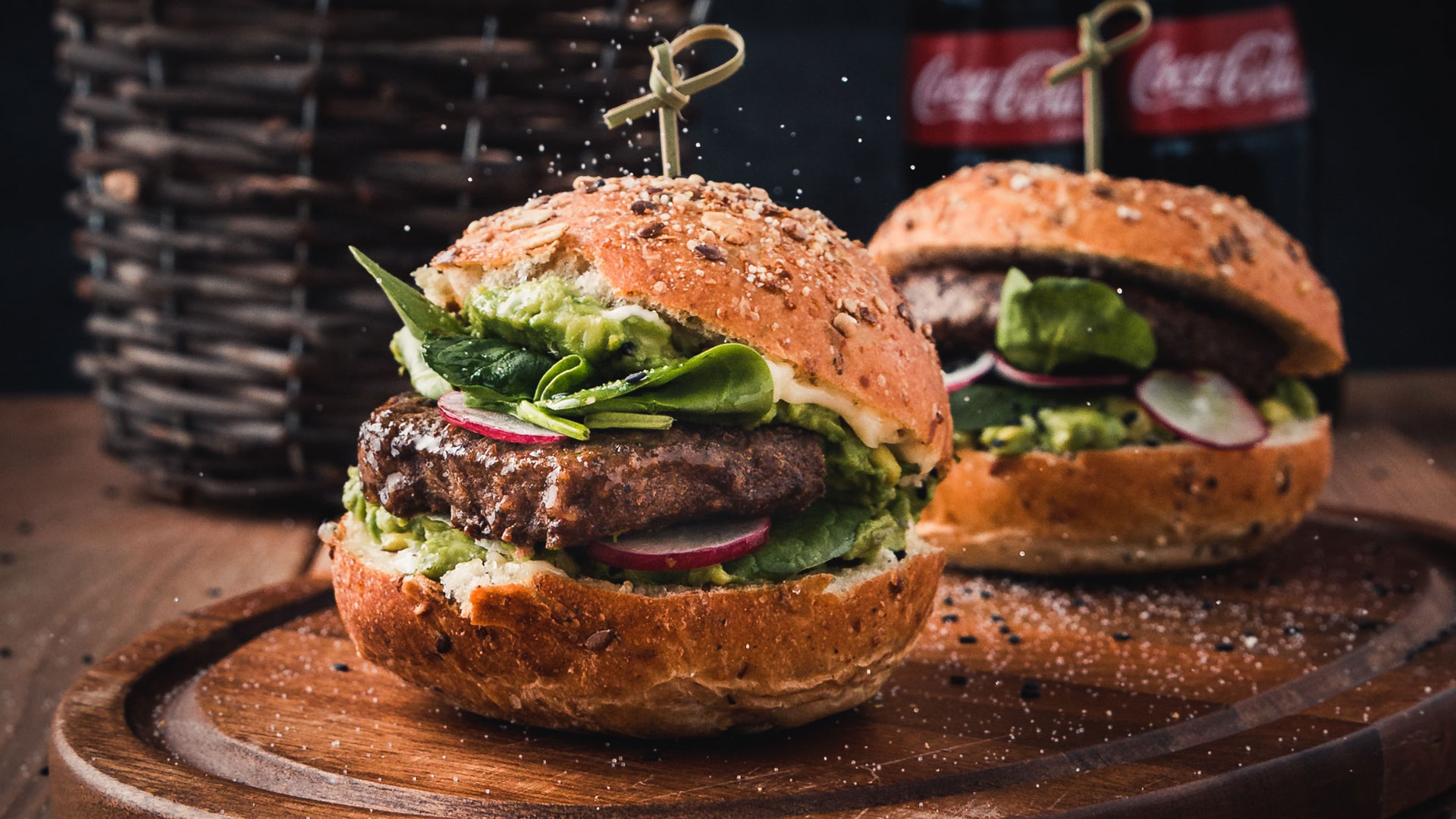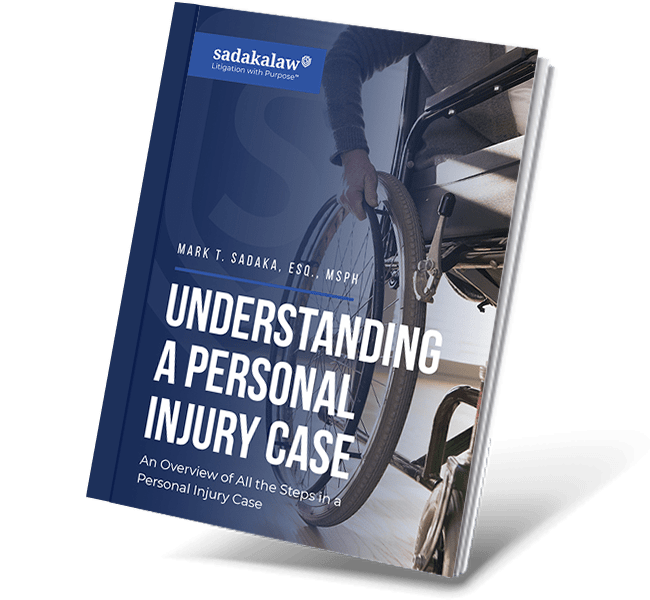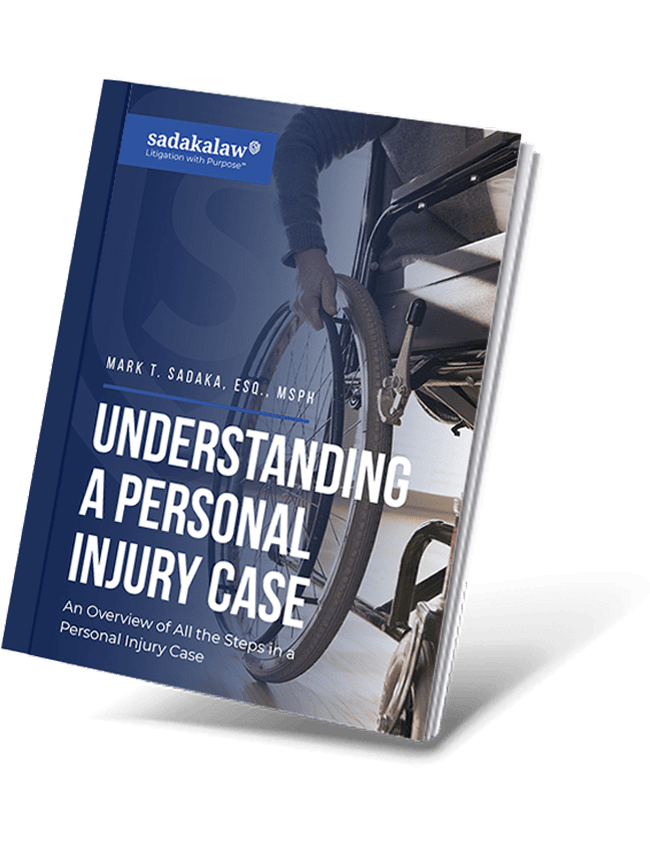
Burger King’s Impossible Whopper has been the talk of the country as it has been at the vanguard of the plant-based revolution. The restaurant chain has credited the Impossible Whopper with increasing its sales overall and bringing customers into the store who ordinarily would not have visited a fast food restaurant. Now, Burger King is facing a lawsuit over the way that it has marketed the product. The company has made claims that the Impossible Whopper is 100% vegetable and no beef notwithstanding where the Impossible Whopper is cooked. Now, a vegan is suing the company in Florida for cooking the Impossible Whopper on the same grill as the meat whoppers claiming that it conflicts with the company’s marketing and his expectation of purchasing a product that contains no meat.
The plant-based revolution brings to mind many different interesting legal issues that have not been tried or tested in court with regard to plant-based meats. There have been few legal decisions that have touched upon the issue of marketing to vegans and certainly scant cases that have actually been decided on the merits. The Impossible Whopper case, if it proceeds all the way to trial, will be a test case for vegan product makers.
There are a growing number of vegans in the United States, many of whom are watching this case closely. While there is no concrete research as to the number of vegans in the country, there are estimates of roughly eight million in the U.S. This means that there is an expanding universe of companies that are selling products to vegans. Many of these companies are making various marketing claims in order to breakthrough in what is becoming a crowded and competitive market.
Statement of Harm
In some of the prior court decisions, the judges at least left an opening for a lawsuit such as this so long as there is a clear statement of harm. There have been lawsuits brought by consumers who required food to meet certain standards for purposes of religious dietary restrictions. While these lawsuits have not generally been successful, at least there is a legal pathway to recovery.
Here, the particular harm for vegans is the discomfort and upset that they feel in knowing that food they ate touched a grill that held meat. This is similar to religious dietary restrictions that require meat products be cooked on a separate grill because particles from the meat can become infused in the product that is cooked on the grill. In other words, there is a chance that the Impossible Whopper can contain traces of beef fat from the grill. However, since this lawsuit relates to advertising practices, the plaintiff does not even need to show that they were harmed in that way.
The crux of the lawsuit is not that Burger King made a specific promise to customers regarding the burger. At issue here is the fact that Burger King marketed the burger as the Impossible Whopper. The lawsuit claims that customers have a certain conception when they hear the words “Impossible Burger” that square with a vegan lifestyle and they do not expect when they purchase a product from that line that it will come into contact with beef. According to the lawsuit, Burger King has an obligation when they sell the Impossible Whopper to inform customers that they are cooked on the same grill as beef Whoppers. According to the plaintiff, meat-free means not only does the product contain no meat whatsoever but that it also does not contact meat. Burger King does not market this product as vegan or vegetarian, but it does clearly state that the Impossible Whopper is “Zero percent beef.”
Here, there are three distinct claims that all arise out of these facts. The plaintiff sues Burger King for breach of contract. The lawsuit argues that customers paid for an Impossible Whopper with the expectation of receiving a meat-free product and Burger King did not provide their end of the bargain. The second claim related to Florida’s Deceptive and Unfair Trade Practices Act for making a claim of a meat-free product. Finally, Burger King is being sued for unjust enrichment for allegedly receiving money for a product that it did not provide.
The Class Action Lawsuit
The lawsuit seeks class action status, and it is not hard to envision this becoming a wider class action lawsuit as all of the purchasers of the Impossible Whopper are similarly situated and have common facts. The plaintiffs are claiming damages in the amount of the purchase price of the burger since they argue they did not receive what they paid for.
For Burger King, the company is in a difficult position. Activists have pushed fast food companies to offer plant-based options, but a fast food operation strikes a delicate balance. There is limited space in the kitchen and every part of the kitchen is used. It is clearly difficult for the restaurant to add a separate grill in order to keep plant-based products from touching meat grills. At the same time, the restaurant must be conscious of its marketing to consumers and the expectations that are fostered through their advertising campaigns.
Burger King does tell their customers that the Impossible Whopper can be cooked in a separate microwave upon request, and many customers have availed themselves of this request. However, many customers do not know about this option, although it is disclosed in small print on the company’s website.
One of the first things that will likely happen in this case is that Burger King will file a motion to dismiss the lawsuit. There have been other lawsuits that are somewhat similar to this lawsuit that have been dismissed for various grounds, but, here the plaintiff has pled the case somewhat different than the cases that were dismissed. Some legal experts are already speculating that this lawsuit may have some merit. In any event, the result of this case may dictate the way that plant-based products are sold in this country going forward.


